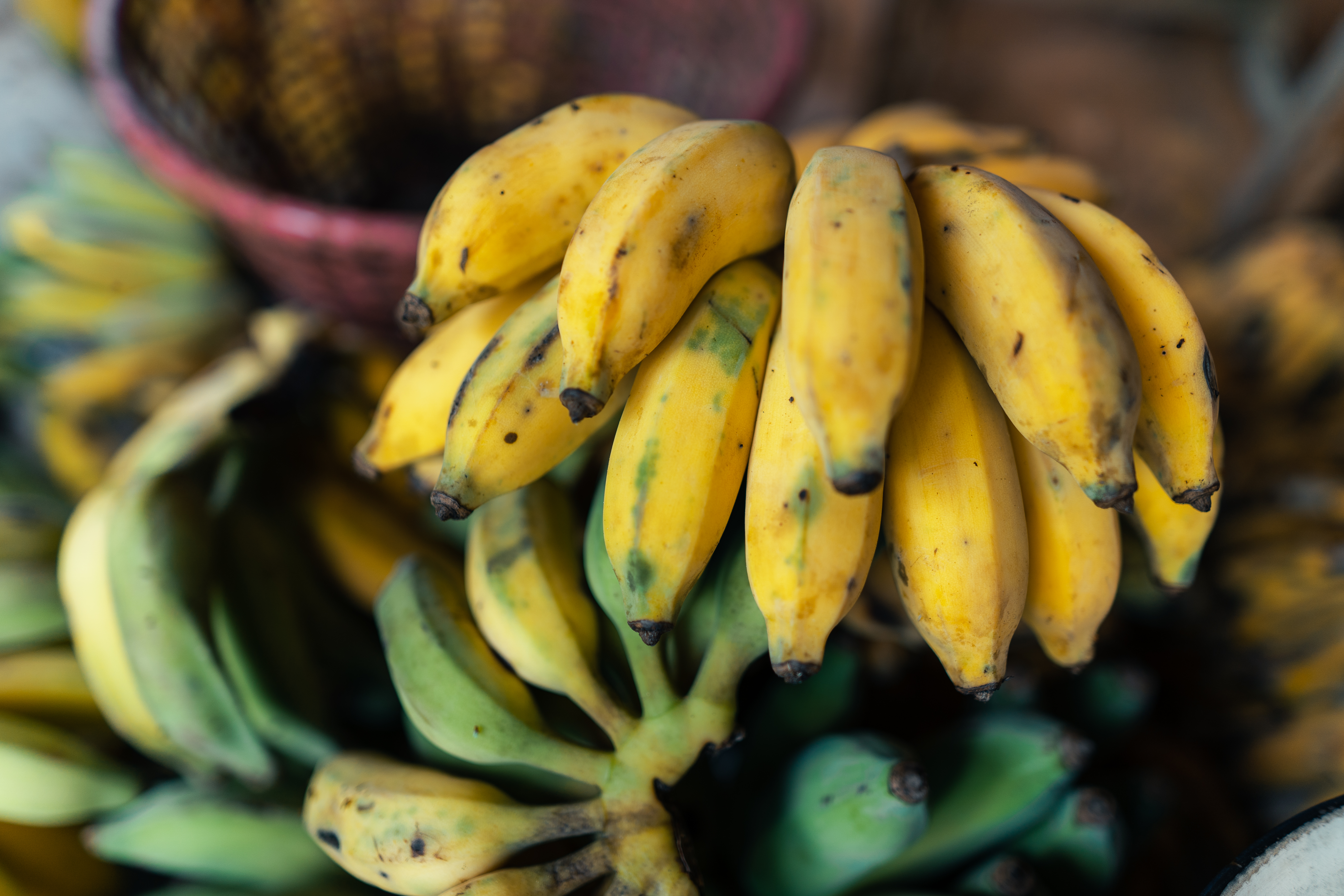12 Essential Nutrients Your Body Needs for Healthy Blood Pressure Levels
Blood pressure is a critical aspect of overall health, impacting the body's ability to function efficiently. High blood pressure, or hypertension, is a common condition that can lead to severe health complications if left unmanaged. While medication can be necessary for some, dietary choices play a significant role in maintaining healthy blood pressure levels. At the heart of these dietary choices are essential nutrients that help regulate blood pressure. This guide, "The Vital 12," explores the nutrients crucial to maintaining healthy blood pressure levels. By understanding and incorporating these nutrients into daily life, individuals can take proactive steps towards better heart health and overall well-being. As we explore each of the vital 12 nutrients, this guide will provide practical advice on incorporating them into your diet, backed by scientific research and expert insights. Whether you're looking to prevent hypertension or manage existing conditions, this guide offers valuable information to help you make informed dietary choices.
1. Potassium: The Balancer of Blood Pressure

Potassium is a powerhouse nutrient when it comes to blood pressure regulation. It works by balancing the effects of sodium in the body, helping to relax blood vessel walls and reduce blood pressure. The modern diet, often high in processed foods, tends to be rich in sodium but low in potassium, creating an imbalance that can lead to hypertension. Increasing potassium intake can help mitigate these effects, making it a crucial nutrient for maintaining healthy blood pressure levels. One of the primary functions of potassium is to help the kidneys filter sodium out of the body. When sodium levels are too high, the body retains water to dilute it, which increases blood volume and, consequently, blood pressure. Potassium helps counteract this by promoting sodium excretion, thus reducing blood volume and pressure. This nutrient is abundant in fruits and vegetables, with bananas, oranges, spinach, and sweet potatoes being excellent sources. Integrating these foods into your diet can significantly impact your blood pressure health. Research has consistently shown that diets high in potassium are associated with lower blood pressure levels. The DASH (Dietary Approaches to Stop Hypertension) diet, which emphasizes potassium-rich foods, has been particularly effective in reducing blood pressure. By focusing on whole foods and minimizing processed foods, individuals can naturally increase their potassium intake. This approach not only supports blood pressure health but also provides a range of other health benefits, including improved heart and kidney function.
